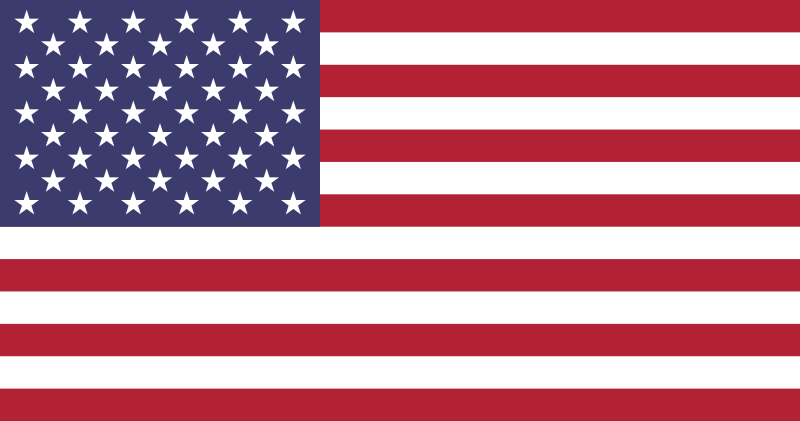The United States government has released a report indicting the administration of President Muhammadu Buhari of massive corruption and festering of human rights abuses in the country.
The US government stated this in the US 2017 Human Rights Report. The US government alleged the Federal Government led by President Buhari of impunity and human rights abuses at all levels of government in Nigeria.
The US report slammed the Economic and Financial Crimes Commission (EFCC) for flagrant disobedience to court orders and not following the due process of law in its operations.
The Department of State Services (DSS) was accused and blamed particularly for arbitrary abduction of persons opposed to the government of President Buhari.
The US report also condemned the disappearance of members of anti-government groups such as the Indigenous People of Biafra and members of the Shiite sect, Islamic Movement of Nigeria (IMN).
The U.S. government also chastised the country’s security forces for widespread use of torture and the use of evidence and confession obtained via torture during prosecution of suspects even though the law of the country clearly forbids it.
The report also frowned at: “denial of fair public trial; executive influence on the judiciary; infringement on citizens’ privacy rights; restrictions on freedoms of speech, press, assembly, and movement; official corruption; lack of accountability in cases involving violence against women and children; trafficking in persons; and early and forced marriages.”
The US report also said that Nigeria judicial system was highly compromised for the period under their review.
The US said the executive and legislative arms of government continued to interfere with the judiciary.
“Although the constitution and law provide for an independent judiciary, the judicial branch remained susceptible to pressure from the executive and legislative branches. Political leaders influenced the judiciary, particularly at the state and local levels.
“Understaffing, underfunding, inefficiency, and corruption prevented the judiciary from functioning adequately. Judges frequently failed to appear for trials.
“In addition, the salaries of court officials were low, and they often lacked proper equipment and training. There was a widespread public perception that judges were easily bribed and litigants could not rely on the courts to render impartial judgments.
“Citizens encountered long delays and received requests from judicial officials for bribes to expedite cases or obtain favorable rulings,” the US report noted.
Some other parts of the report also read:
“Impunity remained widespread at all levels of government. The government did not adequately investigate or prosecute most of the major outstanding allegations of human rights violations by the security forces or the majority of cases of police or military extortion or other abuse of power,” the recently released report stated.
“Authorities generally did not hold police, military, or other security force personnel accountable for the use of excessive or deadly force or for the deaths of persons in custody. State and federal panels of inquiry investigating suspicious deaths generally did not make their findings public.
“In August the acting president convened a civilian-led presidential investigative panel to review compliance of the armed forces with human rights obligations and rules of engagement. As of November, the panel had not issued a report,” the report.
“As of November, the government had not adequately investigated or held police or military personnel accountable for extrajudicial killings of supporters of IPOB movement in 2016.
“Amnesty International (AI) reported that security forces killed at least 150 IPOB members or supporters and arbitrarily arrested hundreds from August 2015 to August 2016.
“The Nigerian Army (NA) reportedly investigated the incidents as part of a broader Board of Inquiry (BOI), but its full report was not made public. There have been no reports of discipline or prosecution of police or military personnel.
“As of November, there were no reports of the federal government further investigating or holding individuals accountable for the 2015 killing and subsequent mass burial of members of the Shia group Islamic Movement of Nigeria (IMN) and other civilians by NA forces in Zaria, Kaduna State.
“The federal government had indicated it would wait for the results of a Kaduna State judicial commission of inquiry before taking further action to investigate or hold those responsible to account.
“In July 2016 the government of Kaduna made public the commission’s nonbinding report, which found the NA used “excessive and disproportionate” force during the 2015 altercations in which 348 IMN members and one soldier died.
“The commission recommended the federal government conduct an independent investigation and prosecute anyone found to have acted unlawfully. It also called for the proscription of the IMN and the monitoring of its members and their activities.”
“The constitution and law prohibit torture and other cruel, inhuman, or degrading treatment. The Administration of Criminal Justice Act (ACJA), passed in 2015, prohibits torture and cruel, inhuman, or degrading treatment of arrestees; however, it fails to prescribe penalties for violators.
“Each state must also individually adopt the ACJA for the legislation to apply beyond the FCT and federal agencies. As of November only the states of Anambra, Cross Rivers, Ekiti, Enugu, Lagos, Ondo, and Oyo had adopted ACJA-compliant legislation. In July both houses of the National Assembly passed an antitorture bill, which was waiting for the president’s signature”, the report noted.






Leave a Reply